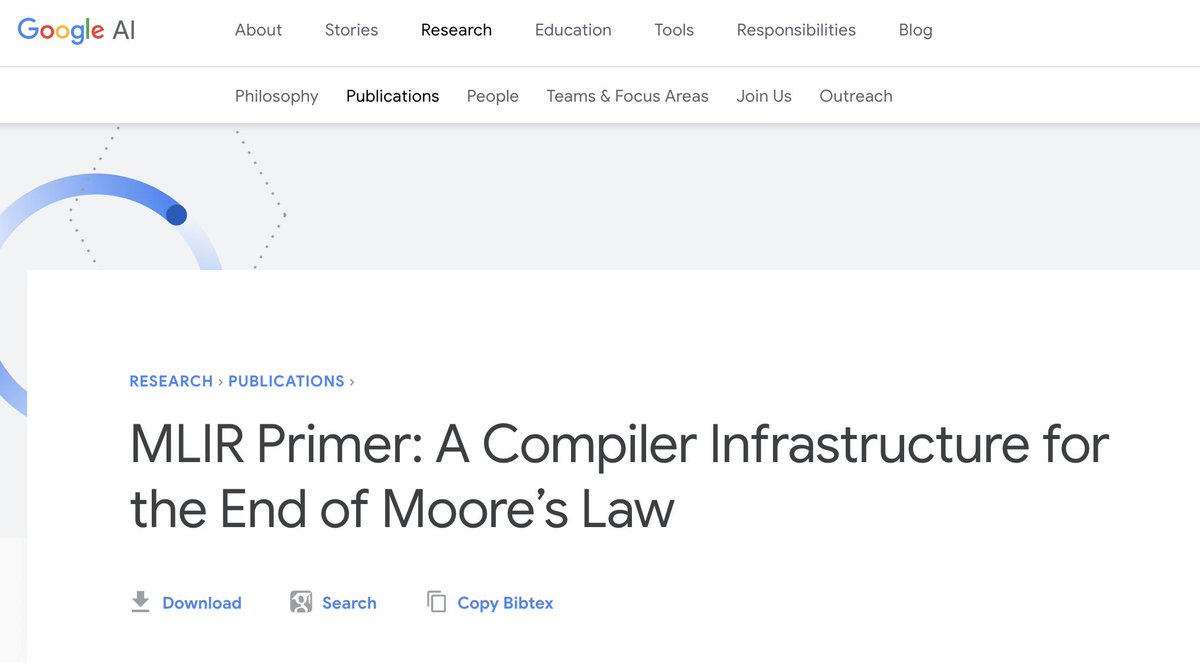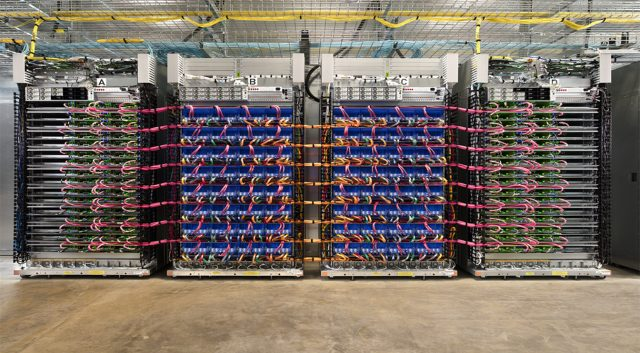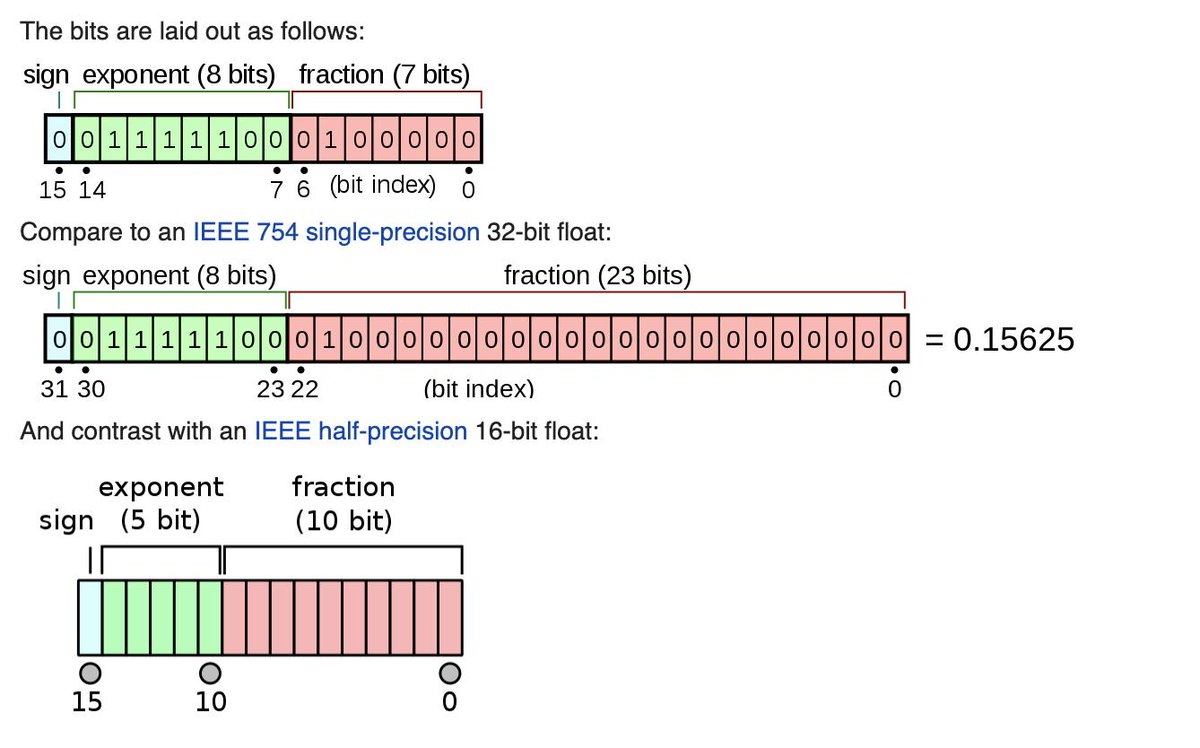
Your company and your projects can get considerable value out of traditional machine learning methods, *without* giant language models or massively-scaled architectures —
just like you can still exercise, or hike, or rock climb, even if you aren't prepping to conquer Everest.
just like you can still exercise, or hike, or rock climb, even if you aren't prepping to conquer Everest.
Also: traditional models are generally cheaper to implement; more straightforward to explain and understand; and easier to maintain.
Giant models are exciting, from a research perspective; & can unlock capabilities. But you don't *have* to use them, if a smaller hammer works. 🤷♀️
Giant models are exciting, from a research perspective; & can unlock capabilities. But you don't *have* to use them, if a smaller hammer works. 🤷♀️
It is shocking to me that there is still such a wide gap between the deep learning community and the traditional data analysis / PyData community. 😞
We are all just nerds trying to use data to understand the world, and build software systems to answer questions/ solve problems.
We are all just nerds trying to use data to understand the world, and build software systems to answer questions/ solve problems.
PS: if you're part of the PyData contingent, and you're on the fence about trying machine learning because you think you might not have the background, or because it seems too challenging:
We all struggle. You are *more than capable* of building interesting and useful projects.
We all struggle. You are *more than capable* of building interesting and useful projects.
My biggest 💔 is that all the bright, curious humans who *could* be doing machine learning don't feel empowered, or don't have resources.
❤️📚: amazon.com/Hands-Machine-…
scikit-learn 📄: scikit-learn.org/stable/
XGBoost 🌲: xgboost.readthedocs.io/en/latest/
JAX 🧠: jax.readthedocs.io/en/latest/
❤️📚: amazon.com/Hands-Machine-…
scikit-learn 📄: scikit-learn.org/stable/
XGBoost 🌲: xgboost.readthedocs.io/en/latest/
JAX 🧠: jax.readthedocs.io/en/latest/
• • •
Missing some Tweet in this thread? You can try to
force a refresh













